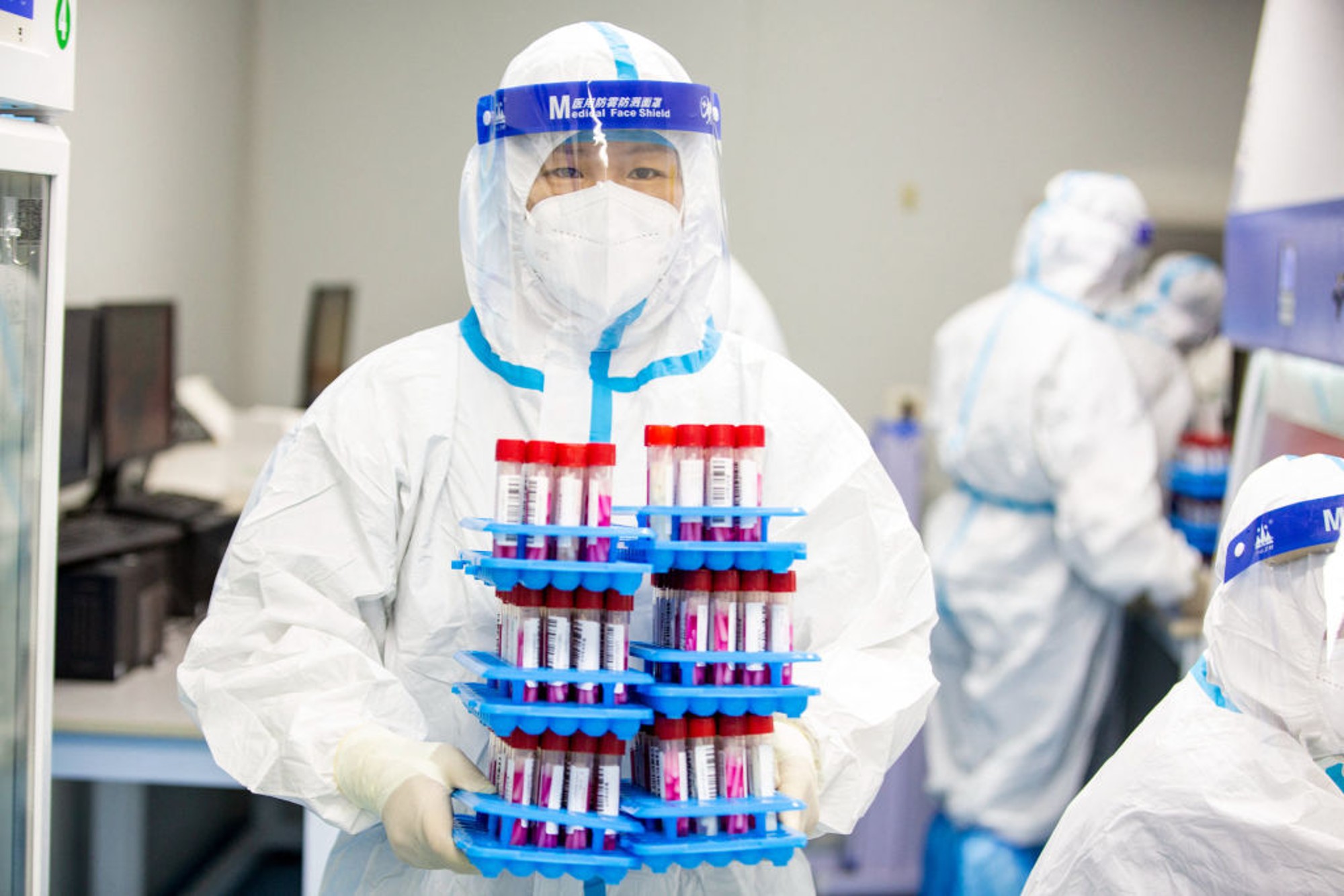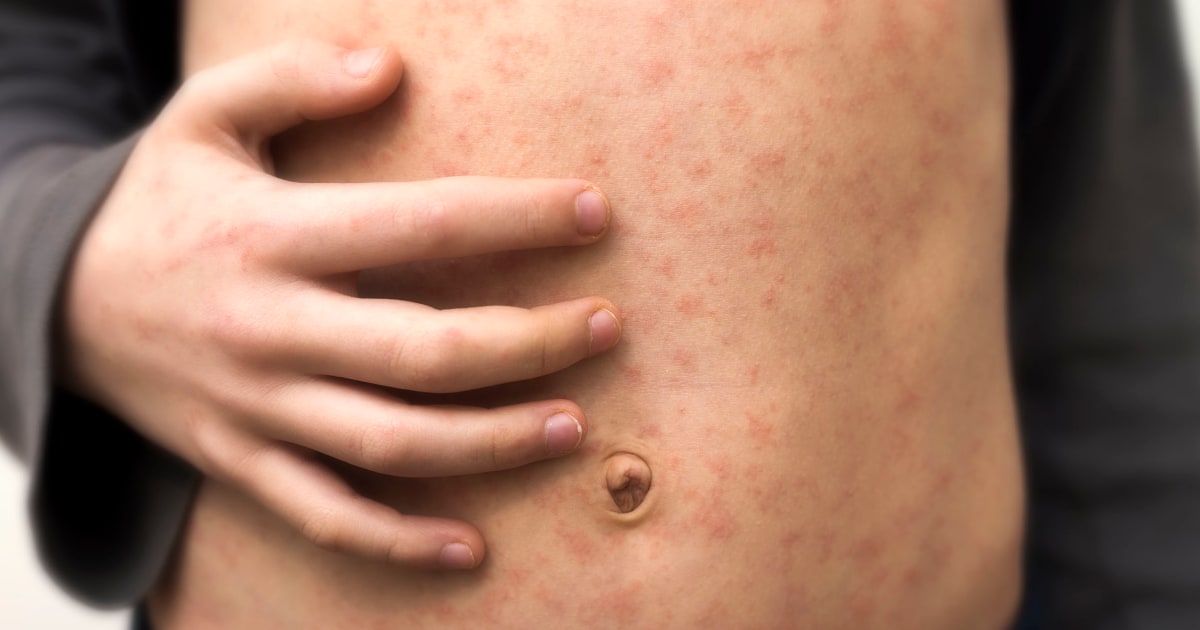Omicron subvariant BA.4.6 would evade Evusheld's protection 0:54
(CNN Spanish) --
The new subvariant of omicron BA.4.6 is gaining ground in the United States and, according to a recent study, could evade the protection of the only therapy available to protect people with a weakened immune system from covid-19. for whom vaccines are not efficient.
BA.4.6 is an offshoot of the BA.4 subvariant of the omicron coronavirus variant.
Only a couple of mutations separate it from its predecessor, but it is gaining ground even against BA.5, which continues to dominate broadcasting in the North American country.
For the week ending September 17, the Centers for Disease Control and Prevention (CDC) estimated that just over 10% of new infections were from BA.4.6, the second with greater presence.
It is most prevalent in the mid-Midwest, where as of early September it was estimated to cause 18% of new infections.
This subvariant has already been identified in multiple countries, according to a report by the UK Health Security Agency, including Spain, Mexico, Argentina, Colombia, Ecuador, Chile, Costa Rica and the Dominican Republic.
The death toll from covid-19 is a tragedy and a "huge global failure on multiple levels", warns the Lancet Commission
"It is not entirely clear how BA.4.6 arose, but it is possible that it is a recombinant variant. Recombination occurs when two different variants of SARS-CoV-2 (the virus that causes covid-19) infect the same person, at the same time," explains Manal Mohammed, Ph.D. in Medical Microbiology, in an article published in
The Conversation
.
advertising
Does BA.4.6 evade protection from antibodies?
BA.4.6 has a mutation in the spike protein called R346T that has been seen in other variants and, according to the expert, is associated with an evasion of immunity, "which means that it helps the virus to escape from antibodies acquired by vaccination and previous infection.
A recently pre-published study shows, on the other hand, that this lineage evades Evusheld's protection.
Evusheld is a combination of two long-lasting antibodies created by AstraZeneca that, given every six months, can prevent people who don't get enough protection from vaccines because their immune systems can't respond effectively to them from becoming infected with COVID-19.
(The CDC estimates that about seven million Americans could benefit from Evusheld's protection.)
Mohammed also explained that, according to a report from the University of Oxford cited by the British authorities, people who have received three doses of Pfizer's original vaccine against covid-19 "produce fewer antibodies in response to BA.4.6 than to BA. 4 or BA.5, "which is concerning because it suggests that vaccines may be less effective."
Based on UK data, early estimates suggest that BA.4.6 has a 6.55% relative fitness advantage over the BA.5 variant in England.
This implies that, in the early stages of infection, it replicates more rapidly, and has a higher growth rate.
However, it should be remembered that updated vaccines that directly target the omicron variant were recently approved in the United States.
These so-called bivalent vaccines combine the original vaccine with one that targets the BA.4 and BA.5 sublineages, so they could have a greater impact on BA.4.6 according to the expert.
What symptoms does it produce?
So far no cases of more severe disease have been reported from the BA.4.6 sublineage.
The omicron variant from which it emerges —and which is considered by the World Health Organization as a variant of concern— has been characterized by an easier spread but also by causing a less severe disease in general terms (which does not take away, perhaps as the CDC makes clear, that increases in cases can lead to increases in hospitalizations and deaths).
The agency highlights that, in terms of the symptoms of omicron, you should be aware of:
Fever or chills
Cough
Fatigue
Congestion or runny nose
Muscle and body aches
Difficulty breathing
Headache
Loss of smell or taste
Throat pain
nausea or vomiting
Diarrhea
These symptoms are also very similar to those of some variants of covid-19 before omicron, such as delta.
In her article, Mohammed, who works as a professor of Microbiology at the University of Westminster, explained that even with the particular characteristics of this sublineage, vaccination remains the best weapon in the fight against covid-19 since it protects against diseases. severe.






/cloudfront-eu-central-1.images.arcpublishing.com/prisa/2C5HI6YHNFHDLJSBNWHOIAS2AE.jpeg)




